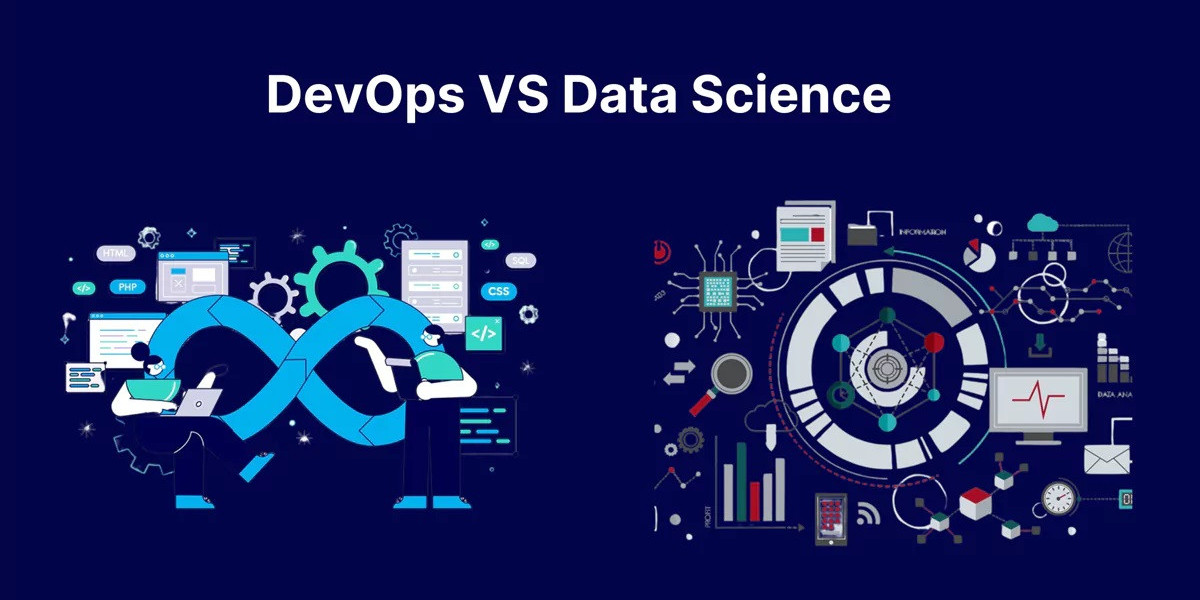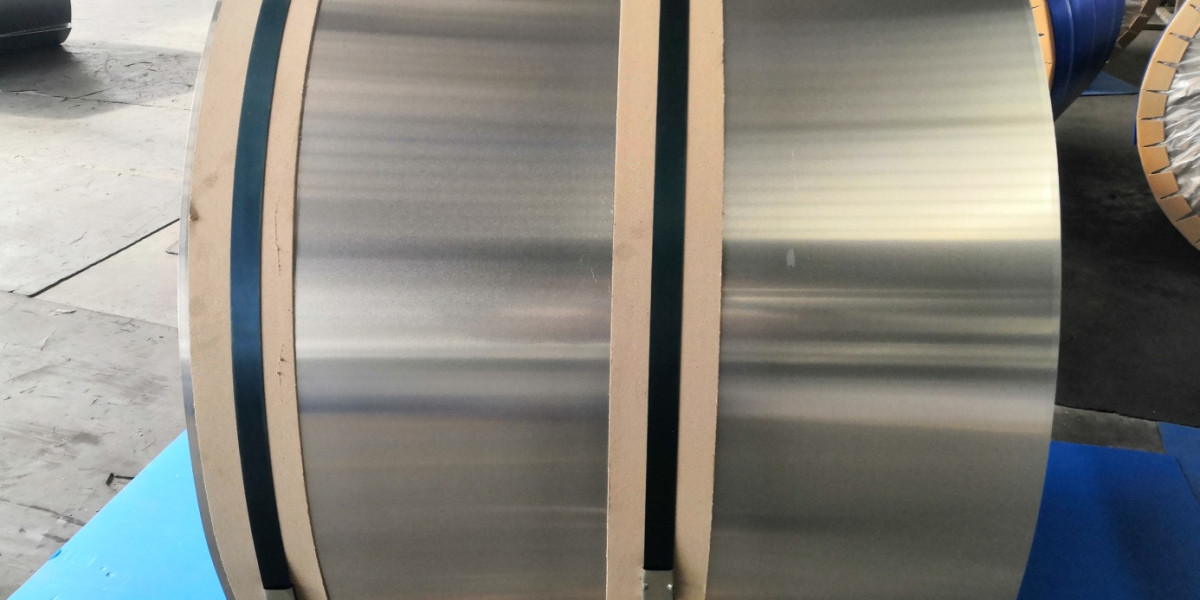As technology continues to transform industries across the globe, two fields in particular—DevOps and Data Science—have captured the attention of tech professionals and companies alike. Both DevOps and Data Science are critical to the modern digital landscape, offering highly lucrative and rapidly growing career paths. However, these fields differ significantly in their focus, required skills, and daily responsibilities. For those exploring a career in tech, understanding the distinctions between DevOps vs Data Science can help make an informed decision about which path to pursue.
What is DevOps?
DevOps is a blend of "development" and "operations" that emphasizes collaboration between software developers and IT operations teams to streamline and improve the software delivery process. The primary goal of DevOps is to reduce the time it takes to develop, test, and release software while maintaining high levels of quality and reliability.
DevOps professionals are responsible for automating processes, managing infrastructure, and ensuring continuous integration and continuous delivery (CI/CD) pipelines run smoothly. By leveraging tools such as Docker, Jenkins, Kubernetes, and Ansible, DevOps teams automate routine tasks and optimize system performance. DevOps engineers also focus on maintaining scalability, monitoring software, and troubleshooting issues in real-time.
The ability to bridge the gap between development and operations teams has made DevOps a highly sought-after field in industries adopting cloud computing, microservices, and agile methodologies.
What is Data Science?
Data Science, in contrast, focuses on extracting insights and actionable knowledge from data. Data scientists use a combination of statistics, mathematics, programming, and machine learning to analyze complex datasets and make predictions. Their work helps businesses optimize operations, understand customer behavior, and make data-driven decisions.
The core responsibilities of data scientists involve collecting and cleaning data, performing exploratory analysis, and developing models to identify patterns or trends. They often use programming languages such as Python and R, statistical tools, and machine learning libraries like TensorFlow and Scikit-learn. Data scientists work closely with business leaders to translate raw data into meaningful strategies.
Given the increasing role of data in decision-making, data scientists are in high demand across various industries, including finance, healthcare, marketing, and retail. Companies leverage Data Science to solve problems, from predicting sales trends to improving customer retention strategies.
DevOps vs Data Science: Skill Set Comparison
While both DevOps and Data Science require technical expertise, the skill sets involved are quite different.
DevOps Skills:
DevOps engineers need a deep understanding of software development, system administration, and cloud infrastructure. They are expected to be proficient in automation tools like Jenkins, containerization technologies like Docker, and orchestration platforms like Kubernetes. Familiarity with scripting languages such as Bash, Python, or PowerShell is essential for writing automation scripts. DevOps professionals must also have strong problem-solving skills to identify and resolve bottlenecks in software deployment pipelines.Data Science Skills:
Data scientists rely heavily on statistical analysis, machine learning algorithms, and data manipulation techniques. They must be proficient in programming languages like Python and R, and skilled in using libraries such as Pandas, NumPy, and Scikit-learn for data analysis. A strong foundation in mathematics and statistics is crucial for building accurate models. Data visualization is another key aspect, as data scientists often need to present their findings to non-technical stakeholders using tools like Tableau or Power BI.
In short, DevOps engineers focus on optimizing software development processes, while data scientists concentrate on extracting insights from large datasets.
DevOps vs Data Science: Which is Better?
When it comes to DevOps vs Data Science which is better, the answer depends on what excites you more. If you enjoy working with software systems, automating tasks, and ensuring smooth deployments, DevOps might be the better option for you. DevOps professionals thrive in environments where rapid development cycles and continuous delivery are critical.
On the other hand, if you have a passion for data analysis, machine learning, and using data to solve business problems, Data Science could be a more fulfilling career choice. Data Science is perfect for individuals who enjoy working with numbers, finding patterns in data, and making predictions based on trends.
Both fields offer job satisfaction, with opportunities for continuous learning and professional growth. As industries across the globe become more digital and data-driven, both DevOps engineers and data scientists will remain in high demand.
DevOps vs Data Science Salary Comparison
The DevOps vs Data Science salary debate is an important factor for many professionals when deciding which career path to follow. Both DevOps and Data Science offer competitive salaries, but Data Science typically edges ahead due to its growing importance in big data and artificial intelligence (AI).
DevOps Salaries:
According to various industry reports, the average salary for a DevOps engineer ranges from $95,000 to $130,000 per year, depending on experience, location, and the size of the company. Senior DevOps engineers, particularly those skilled in cloud technologies and automation, can earn even higher salaries. The increasing adoption of cloud services and CI/CD pipelines makes DevOps a valuable skill set.Data Science Salaries:
Data scientists, on average, earn between $110,000 and $150,000 annually, with higher salaries for those specializing in machine learning or AI. Due to the rising demand for data-driven decision-making across various industries, data scientists often command a premium. Organizations rely heavily on their ability to analyze large datasets and provide actionable insights, especially in sectors like healthcare, finance, and marketing.
While both fields offer strong earning potential, Data Science tends to have a slight salary advantage, especially for professionals with advanced machine learning or AI expertise.
Future Prospects for DevOps and Data Science
The future looks bright for both DevOps and Data Science, as businesses increasingly rely on technology to drive innovation and efficiency.
DevOps Future Prospects:
The demand for DevOps engineers will continue to grow as more companies adopt cloud computing, containerization, and microservices architectures. DevOps professionals will play a critical role in ensuring that software is delivered faster, more reliably, and securely. As automation and CI/CD become even more widespread, DevOps expertise will be highly valued across various industries, including finance, healthcare, and e-commerce.Data Science Future Prospects:
Data Science is poised to remain a top career choice as businesses continue to invest in AI, big data, and machine learning. The growing use of predictive analytics in fields like marketing, healthcare, and finance ensures that data scientists will remain in high demand. As AI technologies advance, data scientists will be at the forefront of developing innovative solutions to complex problems.
Conclusion
In the DevOps vs Data Science debate, both fields offer exciting and lucrative career opportunities. The choice between the two ultimately comes down to your interests and strengths. If you're drawn to system management, automation, and improving software processes, DevOps may be the ideal path. Alternatively, if you're passionate about analyzing data, building predictive models, and solving business problems through data-driven insights, Data Science could be the perfect fit.









